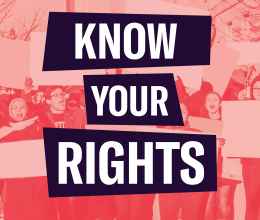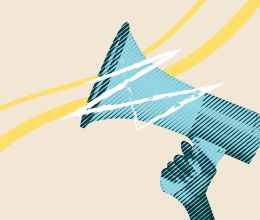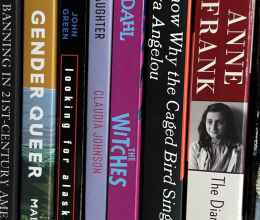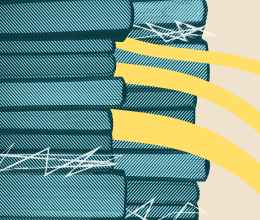Congress shall make no law respecting an establishment of religion, or prohibiting the free exercise thereof; or abridging the freedom of speech, or of the press; or the right of the people peaceably to assemble, and to petition the government for a redress of grievances.
---The U.S. Constitution, First Amendment
All persons may speak, write and publish freely, being responsible for the abuse of that liberty. In trials for libel, both civil and criminal, the truth, when published with good motives and for justifiable ends, shall be a sufficient defense. . . . The people have the right to assemble in a peaceable manner, to consult for the common good, to make known their opinions to their representatives and to apply for redress of grievances.
--The Illinois Constitution, Article I, Sections 4 and 5
The right to protest in public places is fundamental to who we are as a free and democratic people. Protest in public places is one of our most important tools to ensure government accountability, and to advance shared visions of a better society. Chicago has a long and vigorous tradition of protest, from the marches led by the Rev. Martin Luther King, Jr. in 1966 in many of our neighborhoods in support of equal housing opportunity, to the large and small demonstrations today for and against myriad causes in our downtown streets, sidewalks, and parks. Our right to protest is well protected by both the First Amendment to the U.S. Constitution, and by additional guarantees of the Illinois Constitution.
This is a “user’s manual” for people exercising their right to protest in public places in the City of Chicago. This report provides general information only; when in doubt regarding your legal rights, you should consult a lawyer.
Descargue el informe en Español. (PDF) ![]()
Part I explains some basics: the right to protest is deeply woven into the fabric of our federal and state constitutions; government cannot discriminate against protesters based on their viewpoint; government can prohibit narrowly defined incitement, threats, and fighting words; government must accommodate counter-protesters; and government cannot silence protests because of an audience’s violent opposition. Part II discusses when government can require a permit to protest. Part III addresses other government regulations of the time, place, and manner of protest. The violation of these regulations can give rise to arrest and prosecution under various Illinois statutes and Chicago ordinances. Part IV briefly discusses civil disobedience. Part V lists your rights if you are stopped or arrested by police during a protest. Part VI addresses police spying on protest activity. Part VII presents the particular locations in Chicago commonly used for protests, including the varying permit processes and other rules.
- Overview of the fundamental right to protest
- When can government require a permit to protest?
- When else can government regulate the time, place, and manner of protest?
- Civil Disobedience
- What should I do if police stop or arrest me?
- When can Chicago police spy on protesters?
- Where do protests commonly occur in Chicago?
For nearly a century, the ACLU has worked to protect and expand our right to protest, among many other fundamental rights. If you believe your right to protest has been violated, please contact the ACLU of Illinois. Our phone number is (312) 201-9740, and our website is aclu-il.org. We cannot provide legal services to all callers, and generally provide legal representation only in cases affecting a large number of people. However, our intake counselors, in consultation with our attorneys, may be able to provide you with helpful information and referrals. Learn more about requesting legal assistance.




